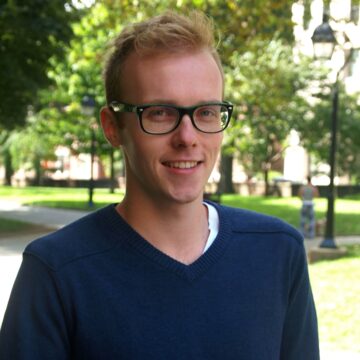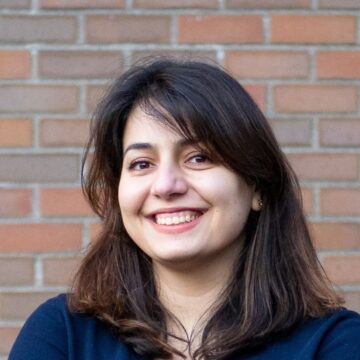Recollection versus Imagination: Exploring Human Memory and Cognition via Neural Language Models
We started this project several years ago with a question: Might we employ advances in machine learning, particularly rich embeddings and neural language models built from large-scale language corpora, to explore human cognitive processes around the generation of narratives–with a focus on the language employed in stories about events that have been experienced versus imagined? Our intuition was that the processes of recall versus generation might leave tell-tale traces of the different mixes of memory versus reasoning and projecting.
In the methods and results reported here, we investigate the use of neural language models to characterize cognitive processes involved in storytelling, contrasting imagination and recollection of events. To facilitate this, we collect and release Hippocorpus, a dataset of 7,000 stories about imagined and recalled events.
We introduce a measure of narrative flow and use this to examine the narratives for imagined and recalled events. Additionally, we measure the differential recruitment of knowledge attributed to semantic memory versus episodic memory (Tulving, 1972) for imagined and recalled storytelling by comparing the frequency of descriptions of general commonsense events with more specific realis events.
Our analyses show that imagined stories have a substantially more linear narrative flow, compared to recalled stories in which adjacent sentences are more disconnected. In addition, while recalled stories rely more on autobiographical events based on episodic memory, imagined stories express more commonsense knowledge based on semantic memory. Finally, our measures reveal the effect of narrativization of memories in stories (e.g., stories about frequently recalled memories flow more linearly; Bartlett, 1932). Our findings highlight the potential of using NLP tools to study the traces of human cognition in language.
People
Eric Horvitz
Chief Scientific Officer
James W. Pennebaker
Professor
University of Texas at Austin
Maarten Sap
PhD Student
Paul G. Allen School for Computer Science & Engineering, University of Washington
Anna Jafarpour
Postdoctoral researcher
University of Washington
Noah A. Smith
Professor
Paul G. Allen School for Computer Science & Engineering, University of Washington
Yejin Choi
Brett Helsel Professor of Computer Science
University of Washington





